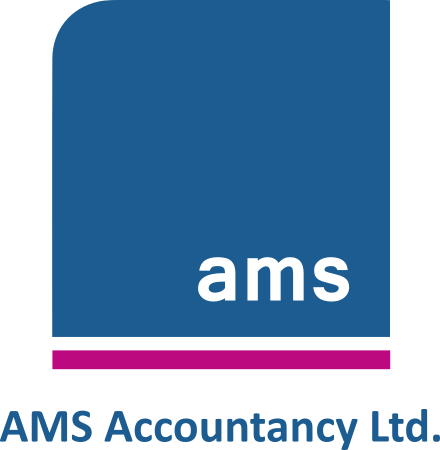Benefits in Kind (BIKs) happen when an employer pays for something on behalf of the employee which is not repaid. BIKs tend to cover personal expenditure – commonly private medical/dental cover, personal use of company cars/vans and fuel benefits etc.
The BIK is usually the amount of the benefit, although there are some exceptions.
At the end of each tax year (5th April), the employer must submit information to HMRC telling them the value of any benefits received by the employee and what they were. When the employee receives their P60, they should also be given a form P11D summarising the benefits that were submitted to HMRC. If the employee has to complete a Tax Return, they will pay tax on the BIKs via a tax bill in the following January. Otherwise, they will pay the tax at source via a PAYE tax code adjustment.
Alternatively, before the start of a tax year, employers can apply to HMRC to have BIKs taxed as part of their employees’ regular payroll.
